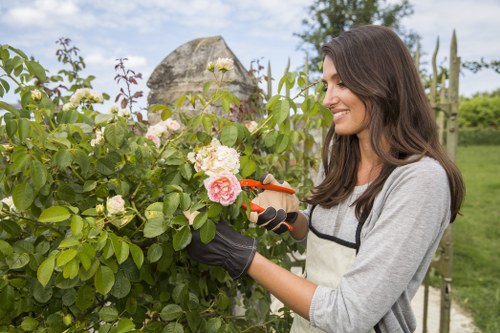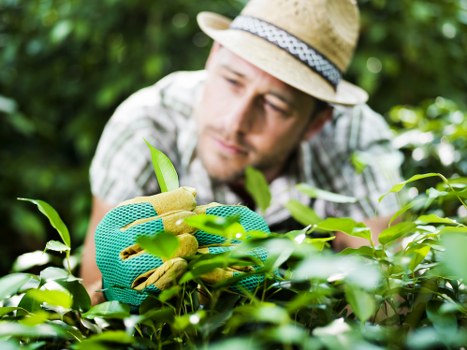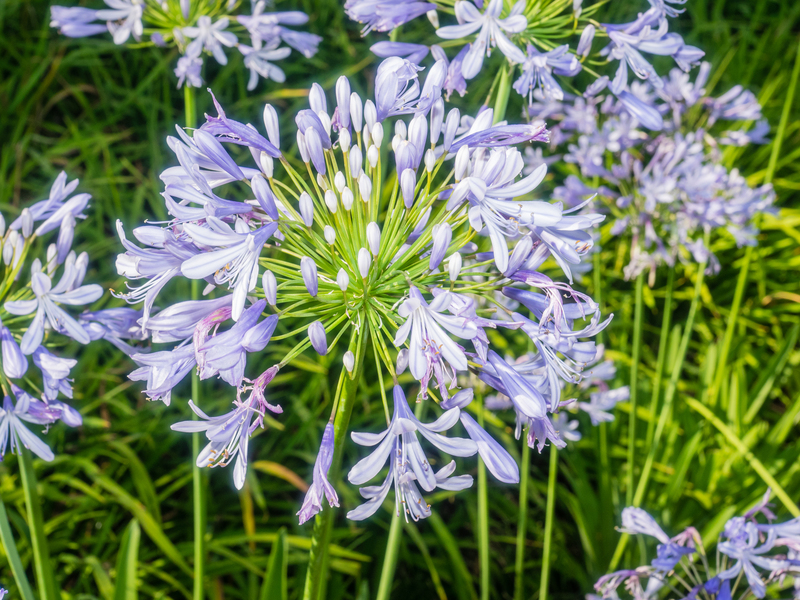Comprehensive Guide to Garden Maintenance in Wallington

Garden maintenance in Wallington is essential for creating a beautiful and thriving outdoor space. Whether you're a seasoned gardener or a beginner, understanding the unique aspects of maintaining a garden in this area can make a significant difference. From choosing the right plants to implementing effective maintenance routines, this guide covers everything you need to know to keep your garden looking its best.
One of the first steps in garden maintenance is selecting plants that are well-suited to the Wallington climate. The region experiences a temperate climate with distinct seasons, which means plants need to be resilient and adaptable. Consider native plants that are accustomed to the local conditions, as they typically require less water and are more resistant to pests and diseases.
Regular watering is crucial, especially during the dry summer months. Implementing an efficient irrigation system can help conserve water and ensure your plants receive the proper hydration they need. Drip irrigation systems are particularly effective as they deliver water directly to the plant roots, minimizing evaporation and waste.
Pruning is another vital aspect of garden maintenance. Proper pruning techniques help promote healthy growth, remove dead or diseased branches, and shape plants for aesthetic appeal. It's important to know the right time to prune different types of plants to avoid damaging them and to encourage optimal growth.
Weeding is a constant battle in any garden. Removing weeds not only improves the appearance of your garden but also prevents them from competing with your plants for essential nutrients and water. Regular weeding is necessary to maintain a healthy and vibrant garden environment.
Mulching plays a significant role in garden maintenance by retaining soil moisture, suppressing weeds, and regulating soil temperature. Organic mulches, such as bark or compost, also improve soil structure and provide nutrients as they decompose.

Fertilizing your garden plants ensures they receive the necessary nutrients for growth and blooming. Depending on the plant species, different types of fertilizers may be required. It's essential to follow recommended dosage guidelines to prevent over-fertilization, which can harm plants and lead to environmental issues.
Pest control is a critical component of garden maintenance. Identifying and managing pests early can prevent significant damage to your plants. Integrated Pest Management (IPM) strategies, which combine biological, cultural, and chemical methods, are effective in maintaining a balanced garden ecosystem.
Soil health is the foundation of a thriving garden. Regularly testing your soil can help you understand its pH levels, nutrient content, and overall fertility. Based on the results, you can amend the soil with compost, lime, or other organic materials to create an optimal growing environment for your plants.

Seasonal garden maintenance tasks ensure that your garden remains healthy throughout the year. In spring, focus on planting new growth, pruning, and preparing the soil. Summer requires diligent watering, pest management, and support for plants that need it. Fall involves cleaning up fallen leaves, planting bulbs for next year, and protecting plants from the impending cold. Winter maintenance includes safeguarding sensitive plants and planning for the upcoming gardening season.
Choosing the right garden tools can make maintenance tasks more manageable and efficient. Investing in high-quality tools that are comfortable to use will not only improve your gardening experience but also enhance the overall health and appearance of your garden.
Implementing sustainable gardening practices, such as composting, rainwater harvesting, and using organic fertilizers, contributes to environmental conservation and promotes a healthier garden ecosystem. Sustainable practices reduce reliance on chemical inputs and help preserve local biodiversity.

Garden maintenance in Wallington also involves regular inspections to monitor plant health and catch any issues early on. Look for signs of stress, such as yellowing leaves, wilting, or unusual growth patterns, which can indicate problems like nutrient deficiencies, pest infestations, or disease. Early detection allows for prompt intervention and prevents minor issues from escalating.
Landscape design principles can enhance the functionality and beauty of your garden. Consider factors like plant diversity, soil compatibility, and aesthetic harmony when planning your garden layout. A well-designed garden not only looks appealing but also supports a balanced ecosystem.
Proper lighting can extend your garden enjoyment into the evening hours and highlight key features of your outdoor space. Solar-powered lights are an eco-friendly option that provides illumination without increasing energy consumption.

Maintaining garden structures, such as fences, pergolas, and pathways, is essential for the overall appeal and functionality of your garden. Regular inspections and maintenance help prevent wear and tear, ensuring that these structures remain safe and visually pleasing for years to come.
Engaging with the local gardening community in Wallington can provide valuable insights and support. Joining gardening clubs, attending workshops, and participating in community gardens fosters a sense of camaraderie and offers opportunities to exchange tips and experiences with fellow gardeners.
In conclusion, effective garden maintenance in Wallington requires a combination of proper planning, regular care, and sustainable practices. By attending to the specific needs of your garden and staying informed about best practices, you can cultivate a beautiful and resilient outdoor space that brings joy and tranquility throughout the seasons.





